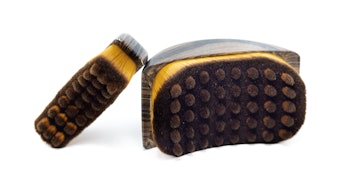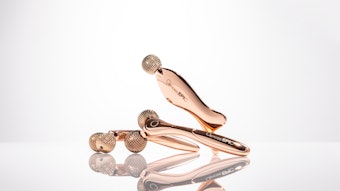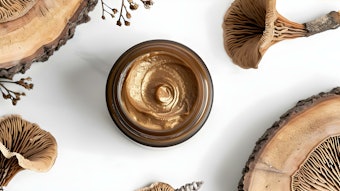Researchers at Meharry Medical College have discovered that an extract of green tea could be used as a treatment for uterine fibroids, a disease that affects 40% of reproductive age women.
An article published this week in the American Journal of Obstetrics and Gynecology by Meharry’s director of clinical research, Dr. Ayman Al-Hendy and his team of investigators, stated that an extract of green tea has the ability to kill human leiomyoma cells in tissue cultures and can eradicate fibroid lesions in animal models.
Al-Hendy said if the treatment is found to be effective in humans it can change the lives of millions of women who are currently faced with hysterectomy as their only treatment option. “If we can prove this compound is effective, millions of women can start self treatment and self management,” he said.
The symptoms of uterine fibroids are often debilitating and include excessive vaginal bleeding, anemia, fatigue and lack of energy. According to Al-Hendy, women who suffer from uterine fibroids may lose time from work, have higher medical expenses and often need advanced medical treatment in order to become pregnant—all things that cause both emotional and economic hardship for families.
Al-Hendy and his team have conducted extensive research on the treatment of fibroid tumors and are dedicated to finding a cure for this disease, which disproportionately affects African-American women, who are four times more likely to be affected than women from other ethnic groups.
Researchers are in the process of recruiting participants for human trials that will begin soon. The research will be conducted under the umbrella of the Meharry Clinical and Translational Research Center (MeTRC). In 2009, Meharry was awarded a $21.4 million grant from the National Center for Research Resources (NCRR) to establish MeTRC, which will help accelerate the process of turning laboratory discoveries into actual cures and treatments used by patients.
MeTRC is a “center without walls” comprised of the Center for AIDS Health Disparities Research, the Center for Women’s Health Research and the Participant and Clinical Interactions Resource. Al-Hendy and Dr. James E.K. Hildreth serve as the principal investigators of this institutional grant.










